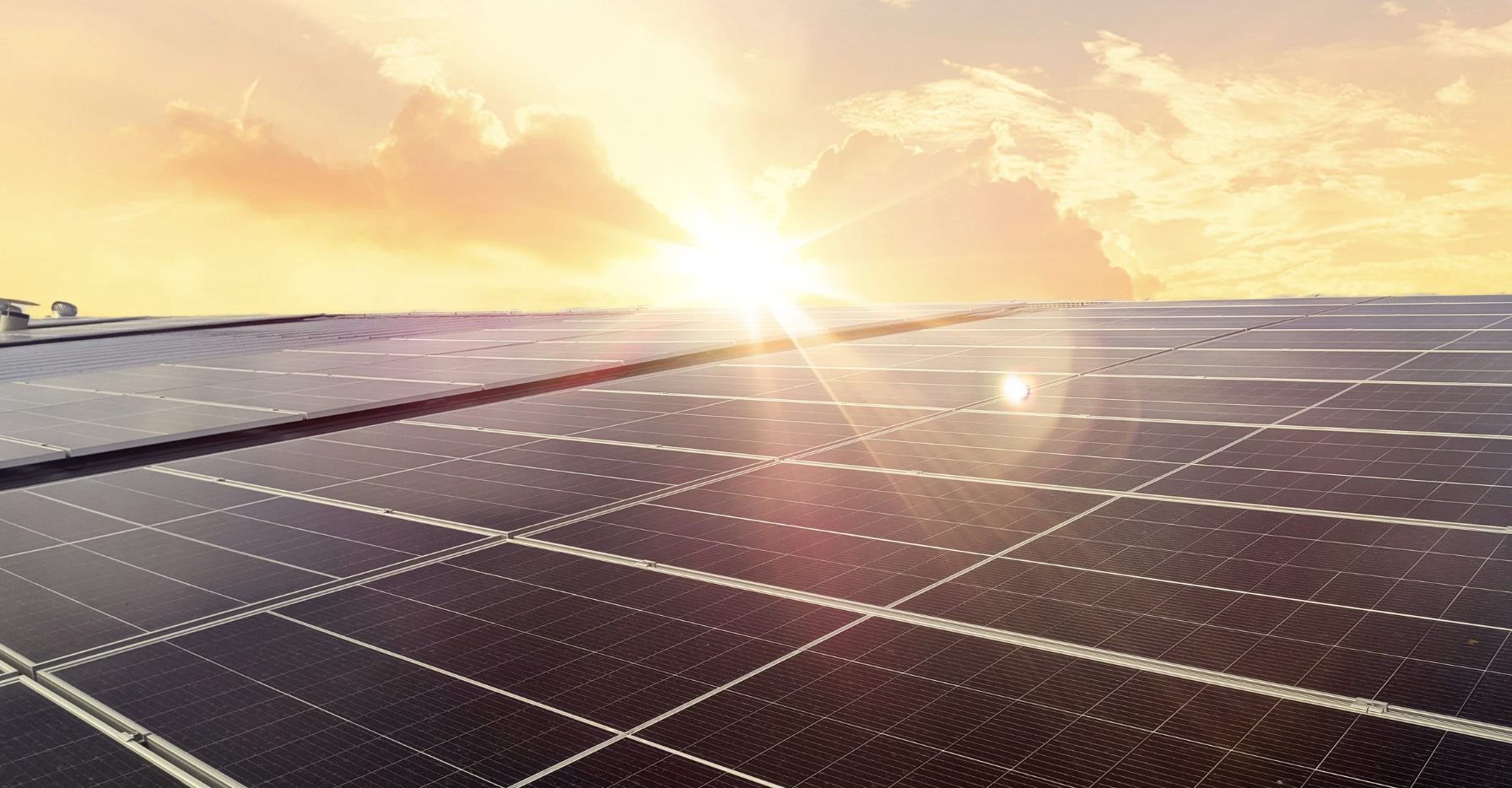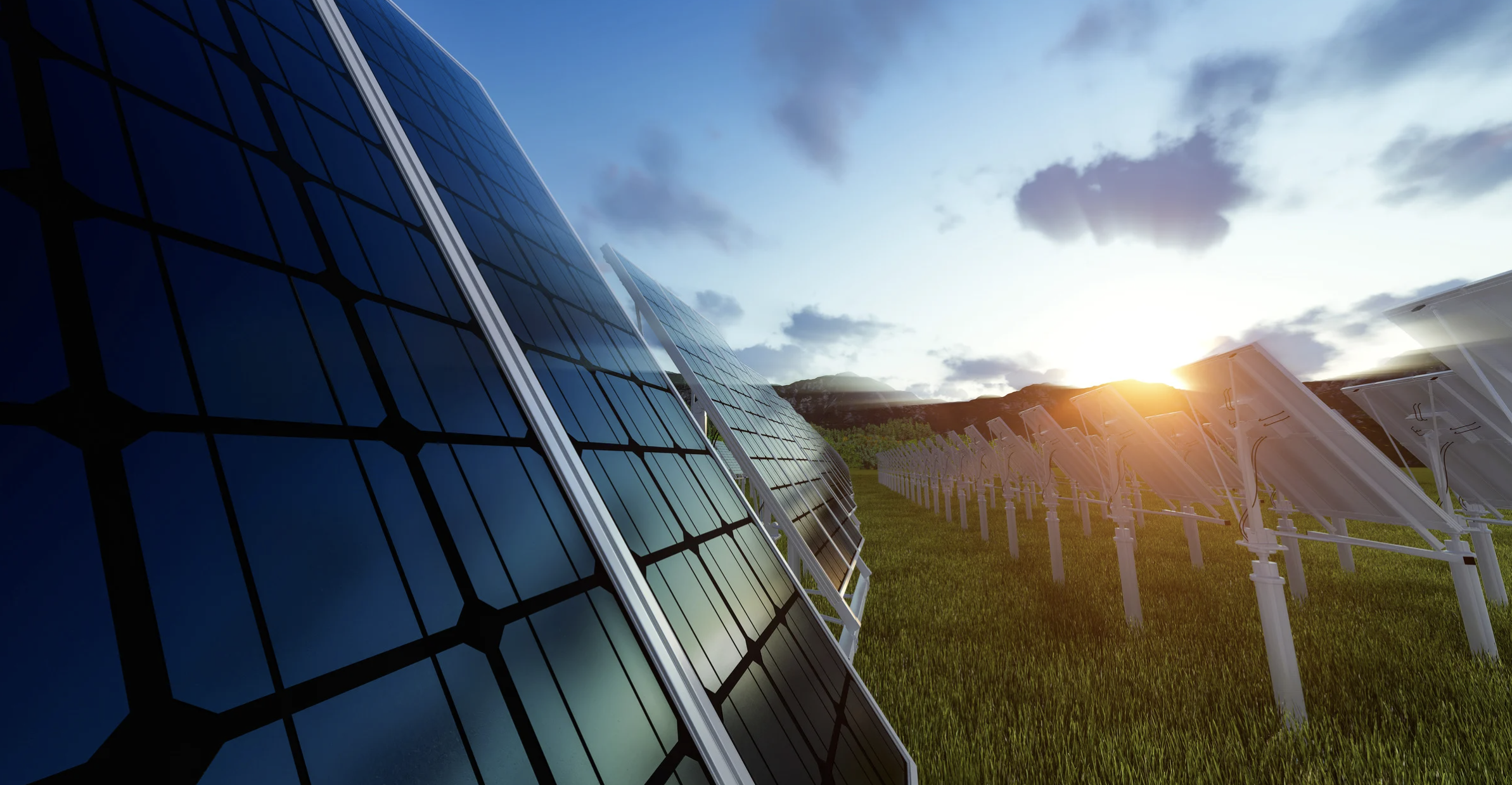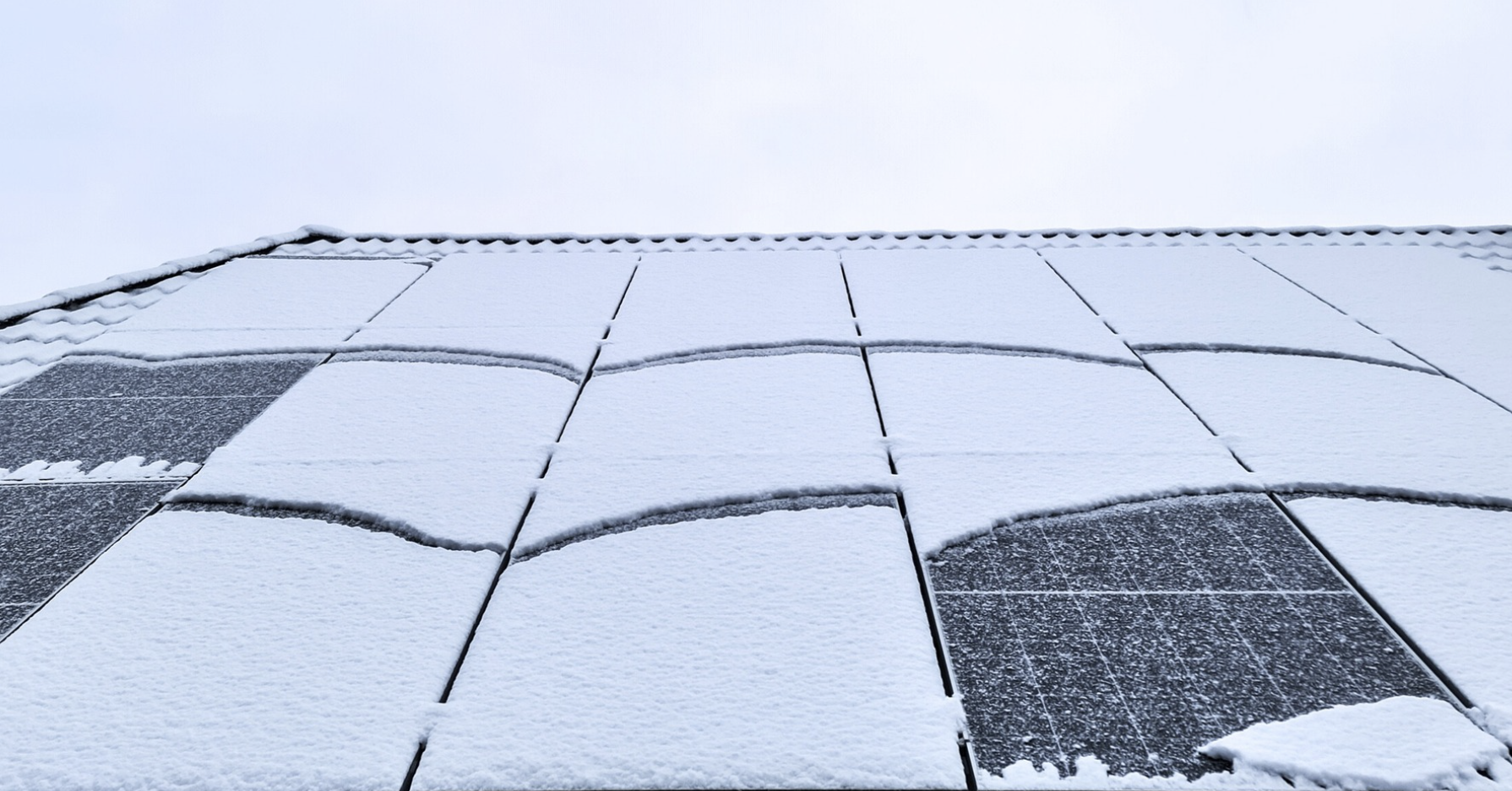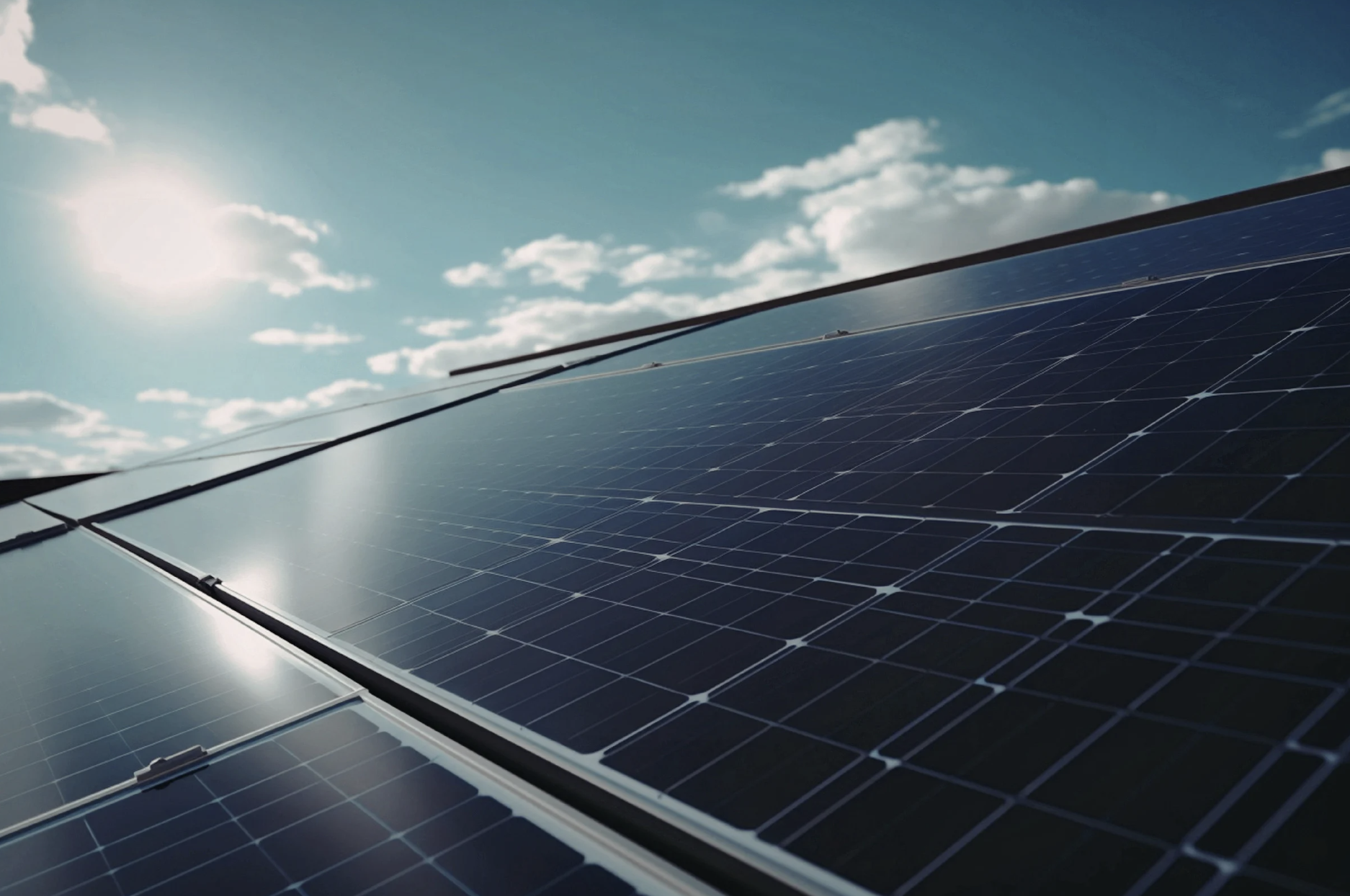Thank You
One of our team will be in touch with you shortly.
Find out more about our recent projects and industry insights
AxFlow, based in Slough, wanted to improve their site’s sustainability and provide convenient charging options for staff and visitors driving electric vehicles. As part of their ongoing commitment to reducing carbon emissions, they sought a reliable, cost-effective EV charging solution.
A large cold storage facility, located in a rural area, faced significant challenges in meeting its substantial energy demands due to its reliance on the national grid.
A large grain storage facility, initially looking to reduce operational energy costs and increase energy efficiency, decided to invest in renewable energy by installing a solar PV system. The farm was looking to future-proof its energy requirements while reducing its carbon footprint.
A chicken farm in Kent was facing rising energy costs and increasing dependence on grid-supplied electricity to operate its facilities. The farm needed a reliable and sustainable energy solution to power its chicken sheds, which require a consistent supply of electricity for heating, lighting, and ventilation. To address these challenges, the farm turned to solar energy.
Prepare your solar PV system for winter efficiency with expert maintenance tips. Learn how cleaning, monitoring, inverter checks and battery storage improve performance, energy security and cost saving for UK businesses.
Solar PV is a year-round investment for UK businesses, delivering cost saving, energy security, and sustainability benefits in every season. Learn how solar performs in winter, reduces energy costs, and supports ESG and Net Zero goals.
Solar power helps UK businesses improve energy security, reduce winter energy costs, and increase efficiency. Discover how solar PV delivers cost saving, sustainability, and reliable renewable energy all year round.
Solar energy works even on cloudy UK days. Learn how modern solar PV systems generate power in low-light conditions, reduce business energy costs, and deliver reliable year-round savings.








